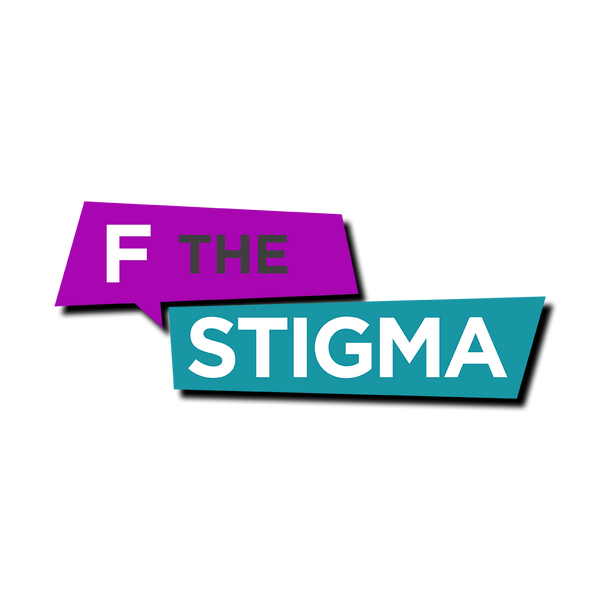Addiction is a complex and multifaceted issue that affects millions of people worldwide. Despite significant advances in our understanding of addiction as a medical condition, societal stigma remains a major barrier to treatment and recovery. Changing the way society views addiction is crucial for fostering an environment where individuals feel supported and are able to seek the help they need. Here’s how we can collectively work towards overcoming the stigma associated with addiction.
1. Educating the Public
One of the most effective ways to combat stigma is through education. By providing accurate information about addiction, we can challenge misconceptions and promote understanding.
- Understanding addiction: Educate the public about addiction as a chronic disease that affects the brain. Explain how genetics, environment, and mental health conditions can contribute to substance use disorders.
- Dispelling myths: Address common myths and misconceptions, such as the belief that addiction is a moral failing or a lack of willpower. Highlight the scientific evidence that supports addiction as a medical condition.
2. Promoting Empathy and Compassion
Changing the narrative around addiction requires fostering empathy and compassion for those affected by it.
- Personal stories: Share stories of individuals who have struggled with addiction and found recovery. Personalizing the issue can help others see beyond stereotypes and develop a deeper understanding.
- Humanizing language: Use person-first language, such as “person with a substance use disorder” instead of “addict,” to emphasize the humanity of those affected and reduce labeling.
3. Encouraging Open Dialogue
Creating open and honest conversations about addiction can reduce stigma and make it easier for individuals to seek help.
- Safe spaces: Encourage the creation of safe spaces in communities, workplaces, and schools where people can discuss addiction without fear of judgment.
- Normalizing discussions: Make talking about addiction as common as discussing other health issues. This normalization can help reduce the shame and secrecy often associated with substance use disorders.
4. Supporting Policy Changes
Advocating for policies that support individuals with addiction can lead to systemic change and reduce stigma.
- Access to treatment: Support policies that increase access to affordable and effective addiction treatment and recovery services.
- Decriminalization: Advocate for the decriminalization of substance use and the implementation of harm reduction strategies, such as needle exchange programs and supervised consumption sites.
5. Involving Media and Influencers
The media plays a significant role in shaping public perceptions of addiction. Encouraging responsible and accurate portrayals of addiction can help change societal views.
- Positive portrayals: Work with media outlets to feature stories of recovery and resilience, highlighting the possibility of overcoming addiction.
- Influencer partnerships: Partner with influencers and public figures who can use their platforms to raise awareness and promote understanding of addiction as a health issue.
6. Fostering Community Support
Communities can play a crucial role in supporting individuals with addiction and reducing stigma.
- Community programs: Develop and support community-based programs that provide education, resources, and support for individuals and families affected by addiction.
- Peer support: Encourage peer support networks where individuals in recovery can share their experiences and support each other.
7. Addressing Co-Occurring Disorders
Many individuals with addiction also have co-occurring mental health disorders. Addressing these issues concurrently can improve outcomes and reduce stigma.
- Integrated care: Promote integrated treatment approaches that address both addiction and mental health conditions simultaneously.
- Mental health education: Increase awareness about the connection between mental health and addiction, emphasizing the need for comprehensive care.
Conclusion
Overcoming the stigma associated with addiction is essential for creating a society where individuals feel supported and empowered to seek help. Through education, promoting empathy, encouraging open dialogue, supporting policy changes, involving media and influencers, fostering community support, and addressing co-occurring disorders, we can change societal views on addiction. At "Fuck the Stigma," we are dedicated to breaking down the barriers that prevent individuals from accessing the help they need. Together, we can create a more understanding and compassionate world for everyone affected by addiction.

